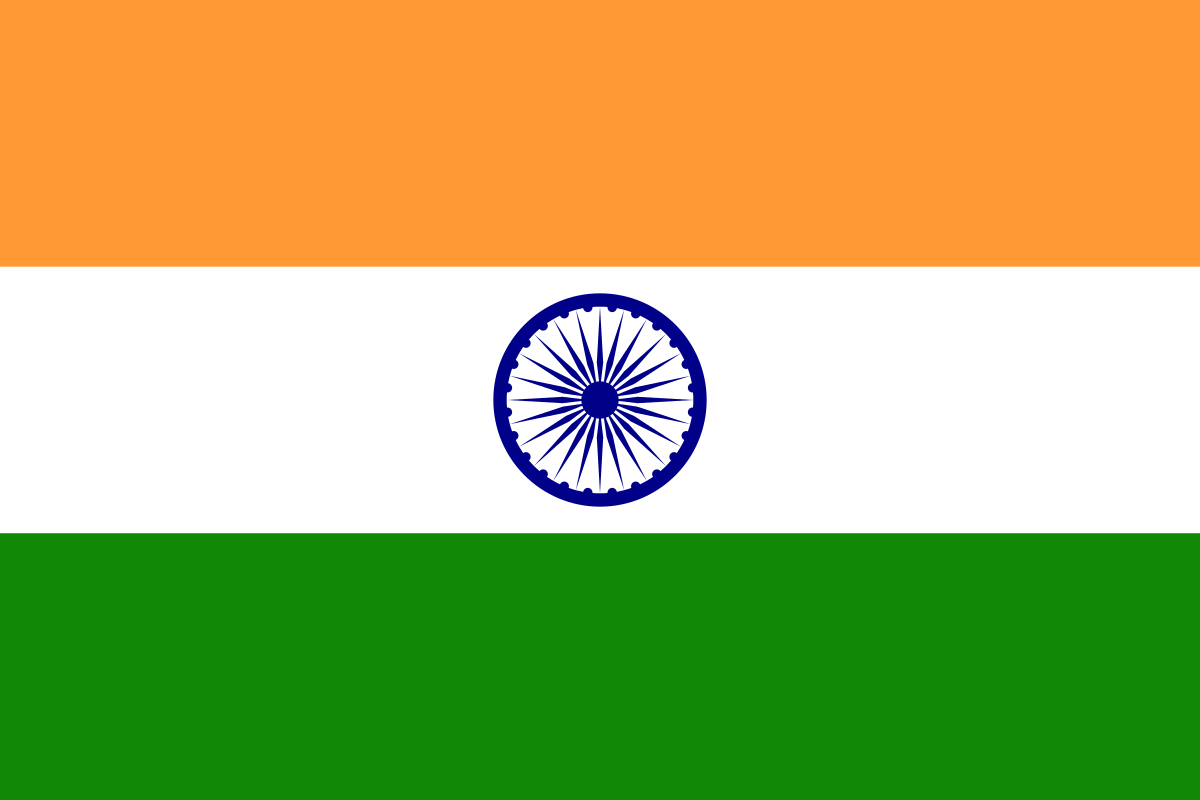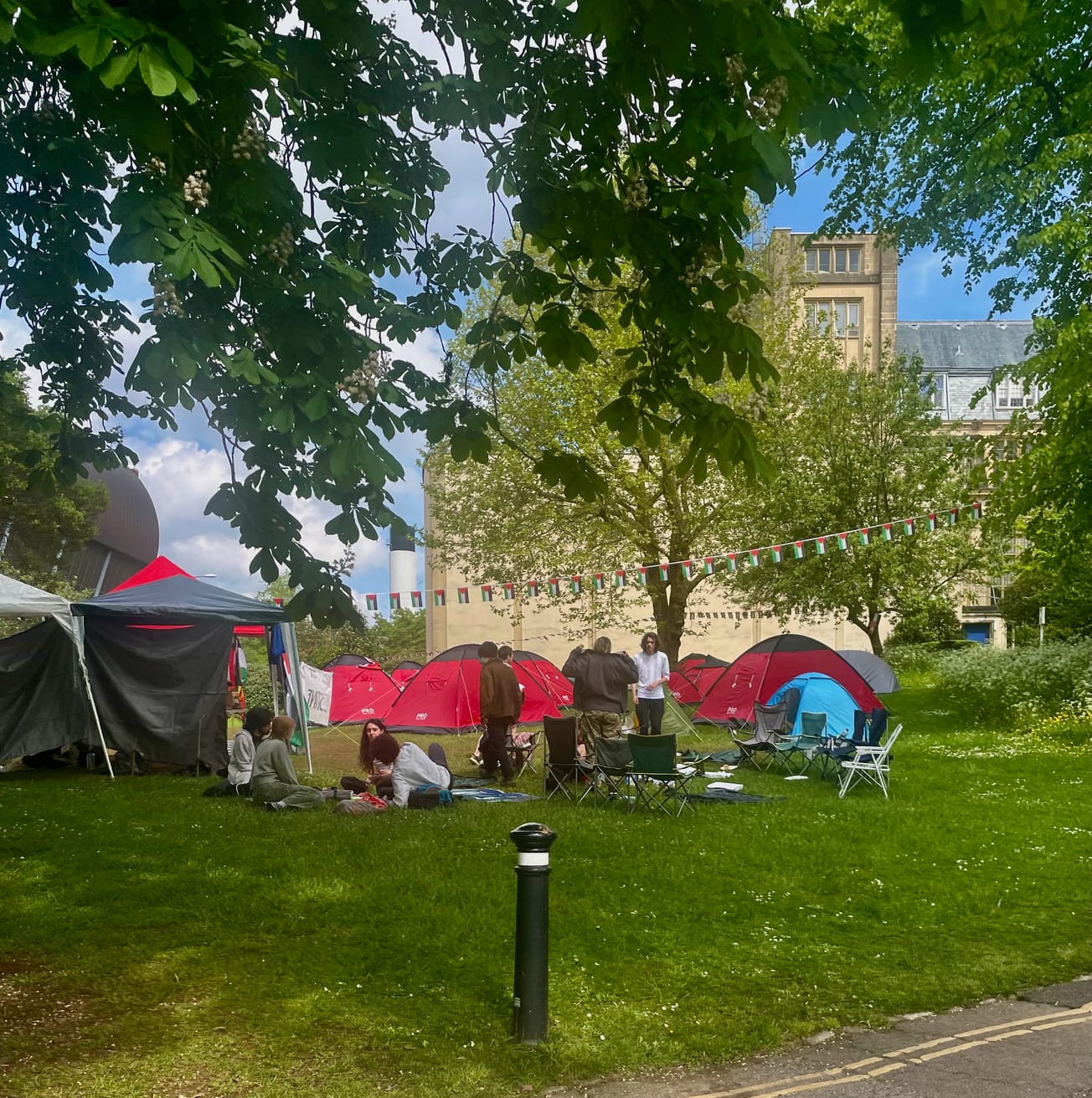Epigram is an independent and neutral newspaper, aiming to publish opinions from across the student body. To respond with an opposing opinion, please contact comment@epigram.org.uk or join our writers group
Aisha Rana-Deshmukh, BME Officer and Almas Talib, BME Liason rep, argue that the "colonial" party demonstrated huge historical ignorance for the experiences of people in India during colonial rule.
A white student at the University of Bristol, who - from our knowledge - has no Indian heritage, threw a party themed as 'A Night at the Maharajah's Palace'. The event, a 21st birthday party, revolved around the premise of 'Indian glamour', involving Indian clothes, food and, of course, the 'royal minstrel' - no party is complete without a minstrel. Despite the event description being changed, we should also draw attention to the floating of ideas such as 'colonial chic' and when 'Britain and India lived side by side'. What was wrong with the 'Night at the Maharaja's Palace', and why do we need to call it out?
Let's begin with context. It's important to note that a large part of Indian identity, and that of much of the South Asian diaspora, is the painful experience of colonialism. South Asians everywhere are still negatively affected by colonial rule and its legacy; white people continue to benefit from it. Put into tangible terms, the state of India today - with its greater poverty, religious and ethnic tension and 'developing nation' status - is in large part down to colonialism.
This whole uni is so expired. A white boy really threw a part to celebrate the ‘glory days’ of colonialism. Not to mention the dress code was ‘colonial chic’ and what is bad and bhaji?😒😒😒😒https://t.co/TWcqqSEWJc pic.twitter.com/ujujyRd1bk
— Chanté 🇩🇲🇯🇲 (@ChantayyJayy) April 22, 2018
The state of Britain, with its greater wealth, world renowned institutions and the relative comfort of a large proportion of its citizens, is also in part down to the capital gained from colonialism - truly the gift that keeps on giving. Colonial holdovers have paved the way for structural racism, white privilege and are even the origin of many immigrant communities in Britain today. Why do people leave their land to struggle elsewhere? Because the land that they are from - having been colonised and exploited - is impoverished, full of tension, and still 'developing'.
"Imagine if white people liked people of colour (PoC) as much as they do our culture?"
This is the context within which an 'Indian themed' party took place. Colonialism is not 'chic', Indian culture is not 'jalcrazy' or 'bad and bhaji'. Most of all, entire cultures - cultures that are often mocked and derided - are not party themes or costumes. Remember, 'minstrels' are more than just your favourite study snack; they hark back to derogatory portrayals of black people, involving the use of blackface. 'Spinning the naans', really? Too many times has Indian culture been reduced to its food. We are so much more than this. To paraphrase Amandla Stenberg, imagine if white people liked people of colour (PoC) as much as they do our culture? Either way, don't use your naan as a record: there'll be no music, and you'll ruin good naan.
2017 marked a mere 70 years since partition; does it take us this little time to forget the horrors of British rule? The British are responsible for the biggest mass migration in the world where 15 million people were uprooted, and between one and two million were killed. Our own family members were killed and displaced due to this atrocity. The divisions the British created are still evident today, from the entrenched caste system and its mistreatment of Dalits to the lynching of Muslims. This is not a legacy to be proud of, but tell that to ignorant people who say, 'but the British brought trains and cricket'.
‘accused of cultural insensitivity’!??? I think it’s a little more then that tbh
— Rhammel O’Dwyer-Afflick (@Rhammified) April 22, 2018
We must recognise the distinction between cultural exchange and cultural appropriation. This was not a respectful exchange of culture but a fetishisation of it, from the caricature of South Asians to the shameless glorification of British colonial rule. Believe it or not, tikas, bindis and turbans actually have cultural and religious significance. The student who threw the party was not invited to partake in these aspects of 'Indian culture'; this is not your mate Raj's wedding, and asking your one Indian friend if it is okay does not give you 'permission' to indulge in this cultural appropriation.
"Racism, in our world, is a system of oppression that disadvantages PoC and privileges white people"
Cultural appropriation, as well as other symptoms of racism, is done at the cost of PoC. Racism, in our world, is a system of oppression that disadvantages PoC and privileges white people. The damage goes from white people to PoC, not the other way around, because the dynamic does not allow for that. If you find us a world where black and brown folk colonised white nations, divided their people, exploited their resources and devalued their very being then yes, we could throw a 'white people party' and it would not be cool. We would be rightly criticised for wearing knitted jumpers and brogues and inviting a DJ to spin the Yorkshire Puddings afterwards. But that's not the world we live in.
Take it from people who have grown up and - due to racism - felt ashamed of aspects of our South Asian culture, such as the embarrassment of wearing a salwar kameez or lehnga on your way to your family Eid or Diwali celebrations. It is demeaning when the same society that makes you dislike aspects of your culture uses these same aspects for their own fun and 'light-hearted' banter. This is within the same pool of racism as that felt in day-to-day life, such as being shouted at from moving cars or having eggs thrown at you in Freshers' Week, with recurrent references to curry. No wonder students of colour feel more isolated at this university, unfortunately going on to be 15.2% less likely to attain the grades of their white counterparts.
Lmao @ England and India living “side-by-side”, nah fam you mean when England imperialized and ruled Indians https://t.co/EQc1vCHNRO
— White Guy in White Oakleys™️ (@Waastheboss) April 22, 2018
We are not trying to punish students because we are bored, and we are not being overly emotional; we would not take the time out of revision and deadlines if this was not important. If you believe the BME Network is unfairly calling this event racist, you simply do not realise how pervasive and entrenched these manifestations of racism are. Highlighting this event should not be about chastising just one individual.
We are trying to emphasise the grand scale of systemic racism, from incidents of discrimination on the basis of employment opportunities, to more seemingly tangible issues of prejudicial harassment and more nuanced issues of, yes, cultural appropriation. Each one is as important as the other and needs to be called out. The student in question will receive little more than a slap on the wrist; it is people of colour who suffer the consequences of the perpetuation of racism.
By Aisha Rana-Deshmukh and Almas Talib









